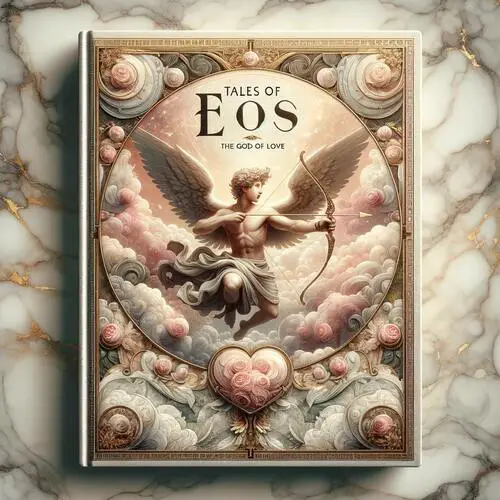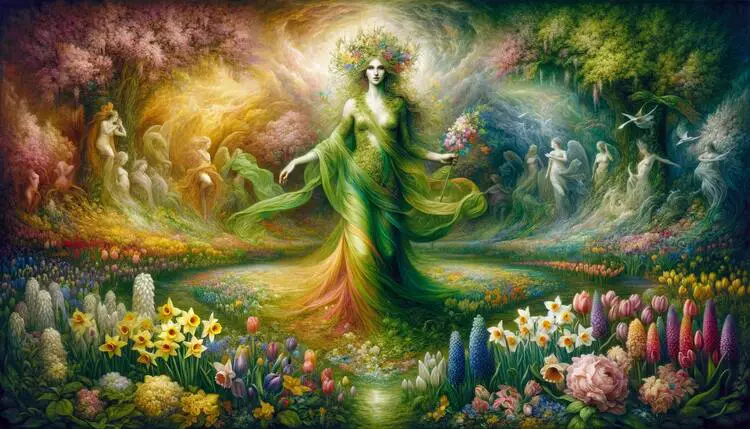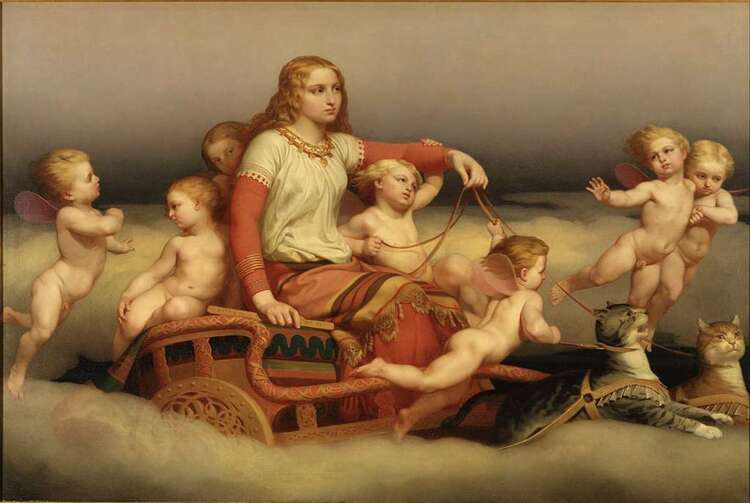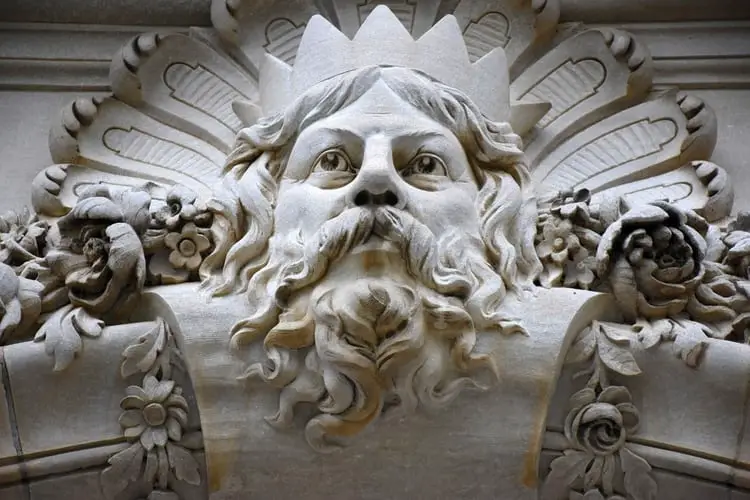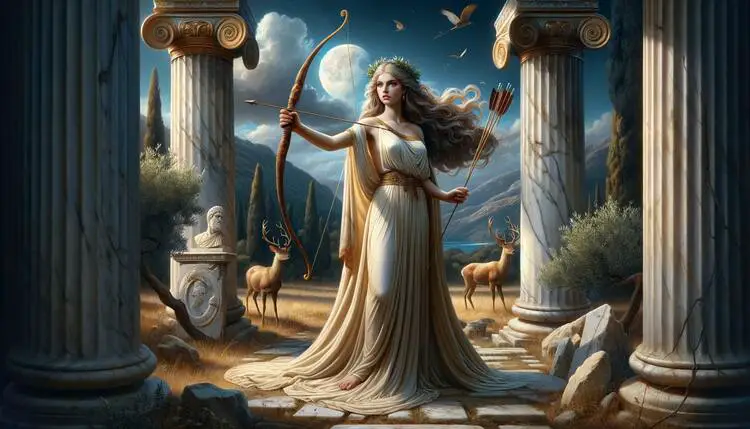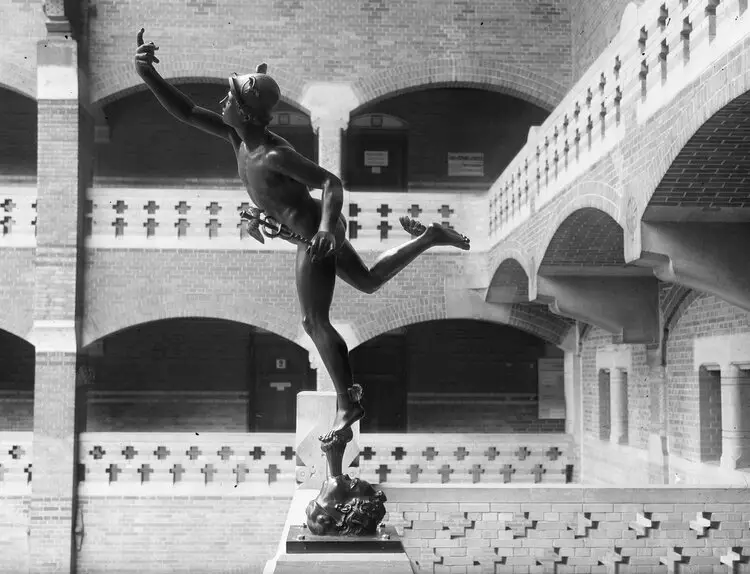Best Books to Learn About God Eros
Exploring the mythological and symbolic aspects of Eros, the Greek god of love, can be a fascinating journey. While there are numerous books that touch on Greek mythology in general, books focusing specifically on Eros might be less common.
However, there are several works that explore his myth, significance in ancient culture, his attributes his influence in art and literature. Here are some of the best books that include substantial content about Eros:
1. “The Greek Myths” by Robert Graves
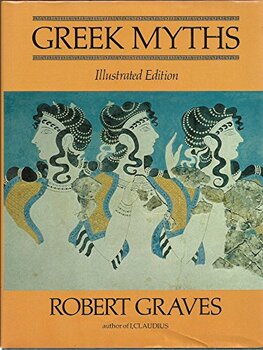
This is a comprehensive and detailed work that retells Greek myths, including those of Eros. Graves’ interpretation of these myths is unique and insightful, making it a classic in the field. His analysis often delves into the symbolic and psychological aspects of the myths, offering a deeper understanding of characters like Eros.
2. “Eros: The Myth of Ancient Greek Sexuality” by Bruce S. Thornton
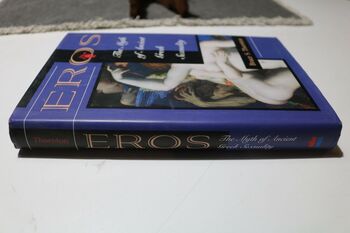
This book is a scholarly exploration of the concept of Eros in ancient Greek culture and thought. Thornton examines how Eros was perceived and represented in various aspects of Greek society, from mythology to everyday life. It’s a great read for understanding the cultural and historical context of Eros.
3. “The Nature of Love: Plato to Luther” by Irving Singer
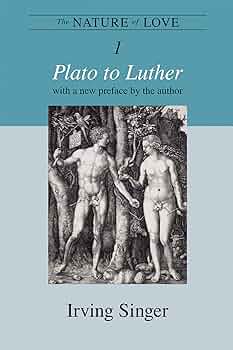
While this book covers a broad range of historical and philosophical perspectives on love, it includes significant discussion on the Platonic and Greek concepts of Eros. Singer’s work is excellent for those interested in the philosophical underpinnings of love as seen through the lens of Eros.
4. “Psyche and Eros: The Lady and the Monster” by Marie-Louise von Franz
As a Jungian analyst, von Franz provides a psychological interpretation of the myth of Psyche and Eros. This book delves into the symbolic meaning of their story and its implications for understanding the human psyche, relationships, and the concept of love.
5. “Greek Religion” by Walter Burkert
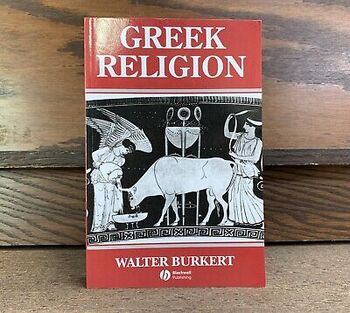
This book is a staple for anyone interested in ancient Greek religion and mythology. While not solely focused on Eros, Burkert’s work provides valuable context and understanding of how deities like Eros fit into the wider religious practices and beliefs of the Greeks.
Final Thoughts
These books are selected for their comprehensive treatment, scholarly insight, and unique perspectives on Eros and Greek mythology.
Each offers a different approach, from literary analysis to historical context and psychological interpretation, providing a well-rounded understanding of Eros’ significance in various domains.
Therefore, these are excellent sources regardless of whether you’re a pagan practitioner, academic, or simply an enthusiast interested in learning more about this fascinating deity.
